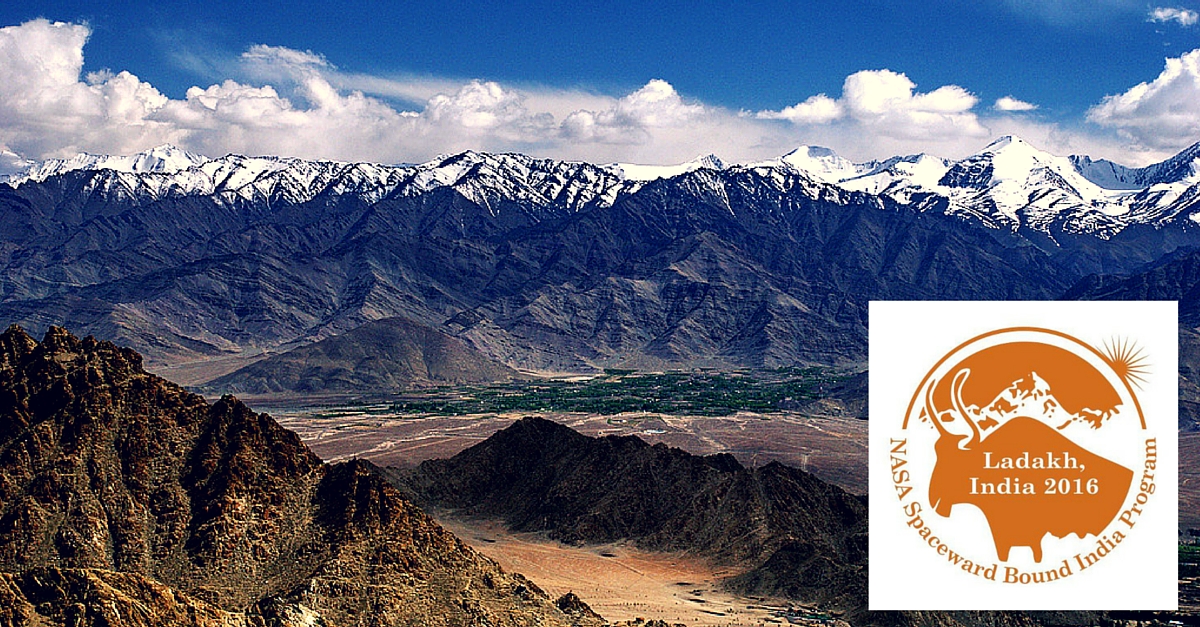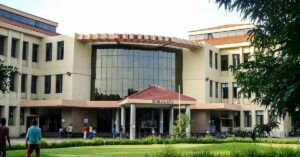This NASA Programme Is Coming to India for the First Time and Taking Researchers to Ladakh
On August 9, 2015, a team of scientists from NASA, Mars Society Australia and Birbal Sahni Institute of Palaeobotany in Lucknow will set out for a 10 day long expedition to Ladakh. This is the first time that a planetary science field expedition is being carried out in India, in coordination with NASA's Spaceward Bound program.

On August 9, 2015, a team of scientists from NASA, Mars Society Australia and Birbal Sahni Institute of Palaeobotany in Lucknow, will set out for a 10 day long planetary analogue field expedition to Ladakh.
This is the first time that a planetary science field expedition is being carried out in India, in coordination with NASA’s Spaceward Bound program.

Picture for representation only. Source: Flickr
The Spaceward Bound Program is an educational program developed at NASA Ames Research Center. According to their website, the mission behind the program is to bring together researchers, educators and students to visit remote and extreme environments in different parts of the world, conduct astrogeological and biological experiments, and make observations that can be used for comparison with human exploration of the Moon and Mars.
Prior to this, the expeditions were conducted in Mojave Desert, North Dakota, Idaho, Western Australia, Namibian Desert, UAE, Antarctica, high Arctic regions, and New Zealand. Ladakh was chosen because it offers cold temperatures, high altitude, less human habitation, dry ecosystem, and high altitude clear night skies for astronomy and astrophotography. Ladakh can tell a lot about the origin and evolution of Earth’s topological features. The high passes, permafrost regions, glaciers, hot springs, shallow and palaeo lakes will help scientists perform several experiments.
The sampling sites include Khardung La, Paleolake deposits at Khalsar, Panamik Hot Water Springs, Hunder Dunes, Tsoltak Lake and more
The Spaceward Bound India science team is divided into four main groups. Each team is headed by an Indian researcher and supported by a Spaceward Bound astrobiologist along with research assistants from his/her lab. Out of the 31 participants this year, 14 people are Indians.
“The two main objectives of the project include scientific research and education. Students participating in the project will be trained by the researchers, and they will also interact with the local students in Ladakh,” says Siddharth Pandey, the project coordinator of Spaceward Bound India.
There are several ways in which students can remotely participate in the 2016 edition. More information will soon be available on their website here.
Like this story? Or have something to share? Write to us: [email protected], or connect with us on Facebook and Twitter (@thebetterindia).
This story made me
- 97
- 121
- 89
- 167
Tell Us More
We bring stories straight from the heart of India, to inspire millions and create a wave of impact. Our positive movement is growing bigger everyday, and we would love for you to join it.
Please contribute whatever you can, every little penny helps our team in bringing you more stories that support dreams and spread hope.


















